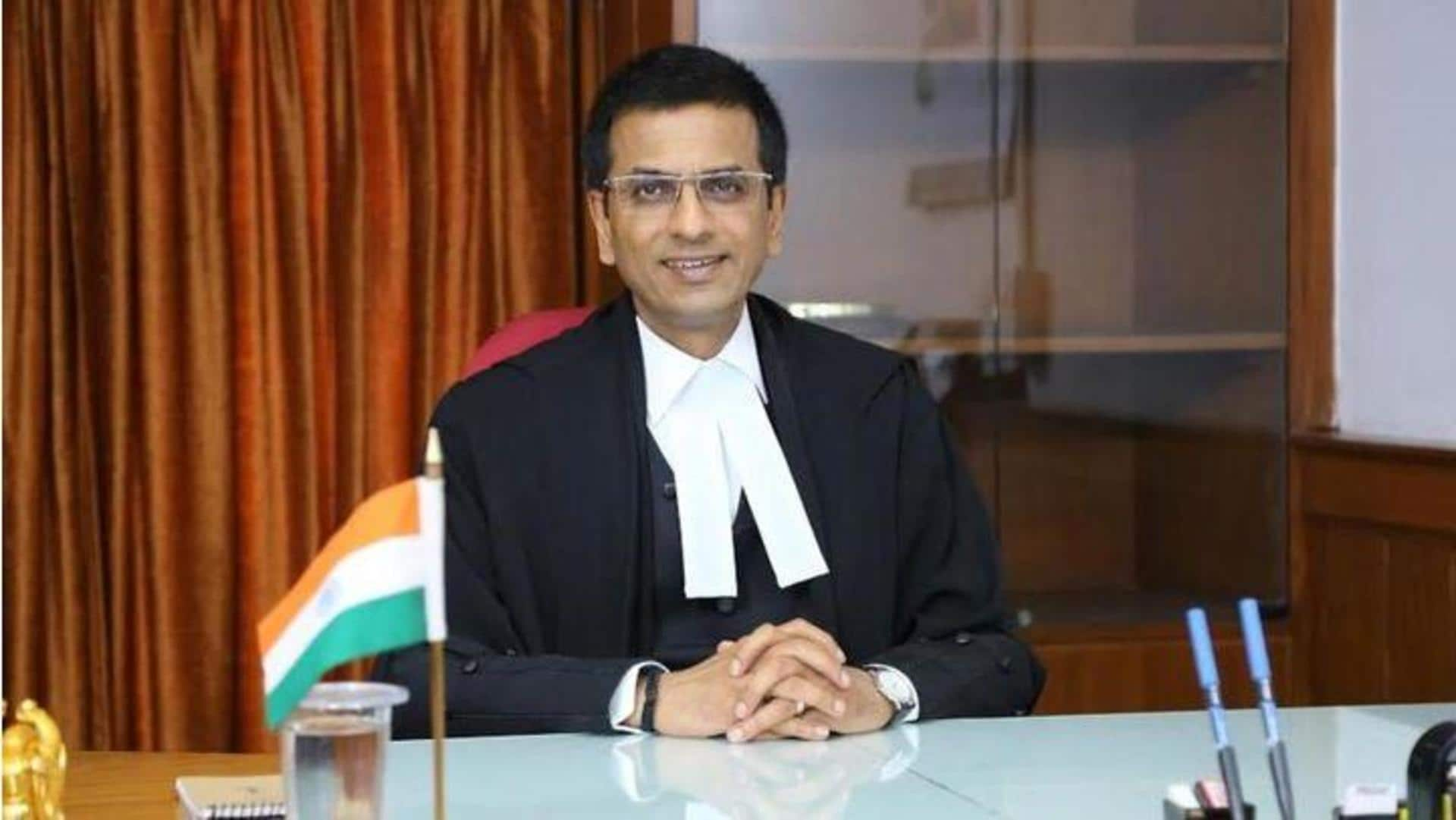
Hundreds killed for marrying outside caste every year: CJI Chandrachud
What's the story
While talking about morality and its interplay with the law, the Chief Justice of India (CJI) DY Chandrachud on Saturday stated hundreds die every year for falling in love with people outside their cast or marrying against the wishes of their families. CJI Chandrachud's statement came while referring to an honor killing instance in 1991 in Uttar Pradesh, as the American magazine Time reported.
Context
Why does this story matter?
These statements from CJI Chandrachud come during a time when numerous states have come up with strict laws against religious marriage conversions, frequently called "love jihad" legislation. Numerous experts and groups have criticised these rules and challenged them before the constitutional courts for being an effect of authoritarian politics stemming from religious bias and majoritarianism.
Key points
CJI's speaks at Ashok Desai Memorial Lecture
The CJI answered questions on the indissoluble connection between group rights, law, and morality while delivering his Ashok Desai Memorial Lecture in Mumbai on "Law and Morality: The Bounds and Reaches". Speaking about morality at the event, the Chief Justice of India stated that expressions of right and wrong, good and bad, are frequently used in everyday talks.
Context
'Morality is a system of values'
The CJI highlighted that morality often appeals to our conscience and influences our behaviour. "We can all agree that morality is a system of values that prescribes a code of conduct. But, do all of us principally agree on what constitutes morality? That is, is it necessary that what is moral for me ought to be moral to you as well?" Chandrachud questioned.
Information
CJI speaks on 'adequate morality'
The CJI also spoke on how dominant groups' "adequate morality" creep into lawmaking to perpetuate biases against vulnerable and weaker sections of society. DY Chandrachud labelled adequate morality as the morality of the upper castes, male and able-bodied individuals.
Quote
Morality of the dominant community: CJI
"Even after the framing of the Constitution, the law has been imposing 'adequate morality', that is, the morality of the dominant community. In our parliamentary system of democracy, laws are passed by the vote of majority," he was quoted as saying by Hindustan Times. "Therefore, the discourse around public morality often finds its way into the law enacted by the majority," he added.
Context
No case is small or big enough for court: CJI
He also spoke on the judiciary's role in protecting the rights of the citizens. "Trust us to be guardians of the liberties of our citizens. No case is small enough or big enough for any court in the nation. Because it is in us that the confidence of the citizens, the due process of law and protection of liberty rests," the CJI stressed.
Info
DY Chandrachud, the 50th CJI
On November 9, DY Chandrachud was sworn in officially as the 50th Chief Justice of India and replaced outgoing Justice UU Lalit. At Rashtrapati Bhavan, President Droupadi Murmu conducted the oath to him. Chandrachud is widely known for his progressive and liberal judgements, the most recent being the upholding of unmarried women's abortion rights back in October.